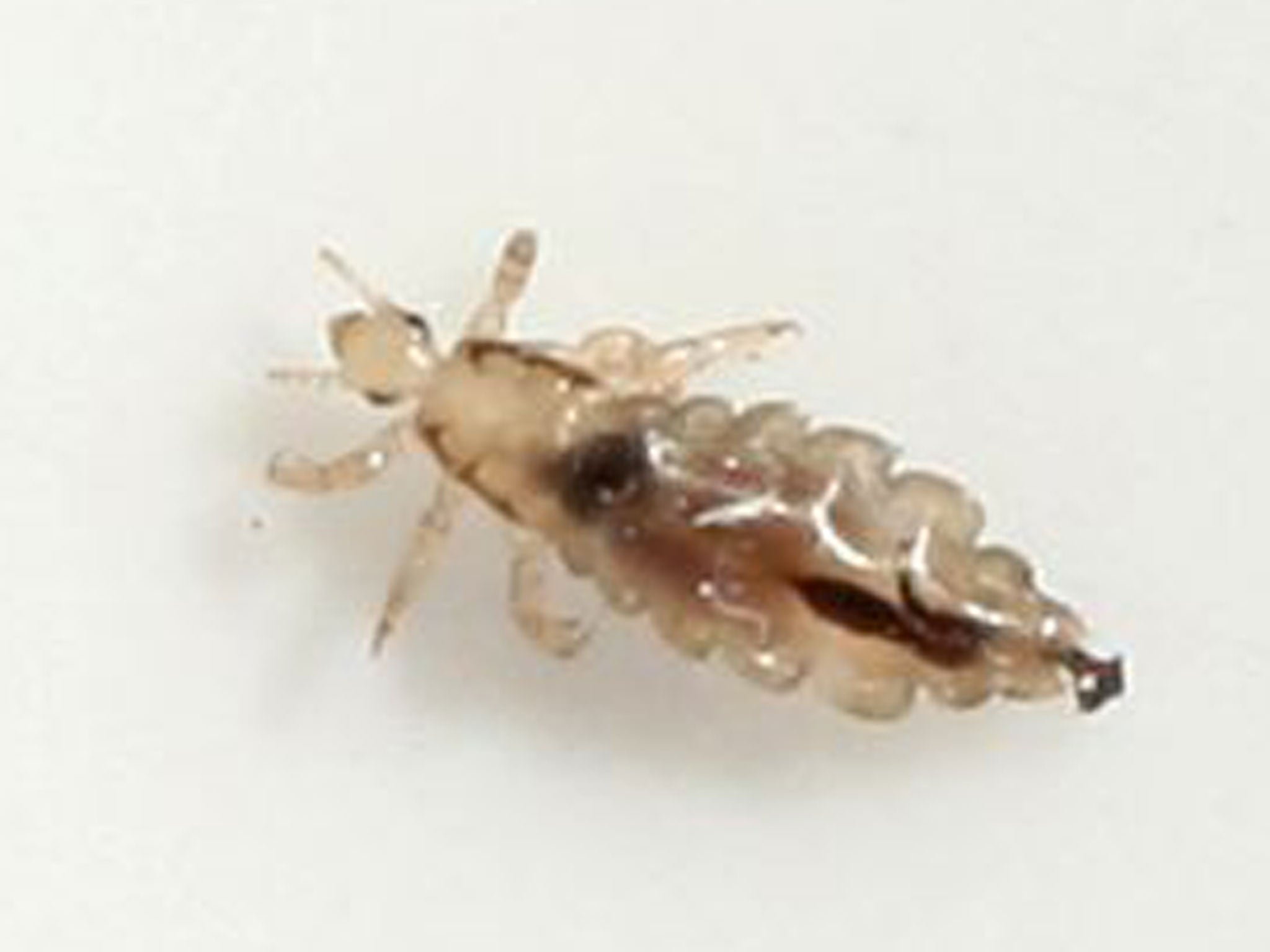'Mutant' head lice becoming immune to all treatment, scientists warn
Nits developing resistance to over-the-counter treatments

Your support helps us to tell the story
From reproductive rights to climate change to Big Tech, The Independent is on the ground when the story is developing. Whether it's investigating the financials of Elon Musk's pro-Trump PAC or producing our latest documentary, 'The A Word', which shines a light on the American women fighting for reproductive rights, we know how important it is to parse out the facts from the messaging.
At such a critical moment in US history, we need reporters on the ground. Your donation allows us to keep sending journalists to speak to both sides of the story.
The Independent is trusted by Americans across the entire political spectrum. And unlike many other quality news outlets, we choose not to lock Americans out of our reporting and analysis with paywalls. We believe quality journalism should be available to everyone, paid for by those who can afford it.
Your support makes all the difference.Head lice are becoming immune to treatments, scientists have warned.
Research suggests nits are developing a high level of resistance to commonly used over-the-counter remedies, meaning they are becoming even harder to shake off.
The Mirror reports that researchers from Southern Illinois University found lice have developed resistance in at least 25 US states.
They found many of the insects tested positive for genetic mutations; affecting the nervous system of the lice and desensitising them to treatments.
Lice are particularly common among primary school age children and are spread by head-to-head contact. The lice feed on blood from the scalp of the person they have settled on. The bites can cause persistent itchiness and inflammation of the scalp.
Common treatments include using lotions and sprays on the affected area, or using a specially designed lice comb.
Join our commenting forum
Join thought-provoking conversations, follow other Independent readers and see their replies
Comments